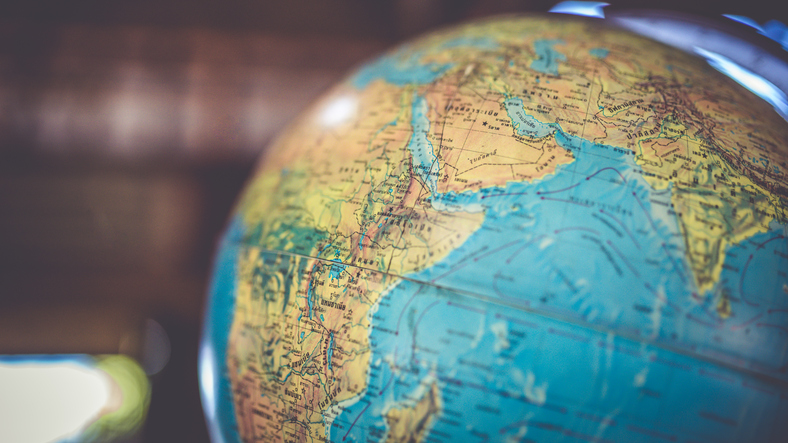People and companies change names all the time. Not so common—when an entire country decides on a new moniker.
Burkina Faso
A lot of modern-day African culture was shaped by European colonialism. France in particular once ruled over much of the continent, giving countries names that were used by the world political community. Upper Volta—named by the French because the Volta River runs through it—gained its independence in 1960, and in 1984, its president Thomas Sankara officially renamed the nation Burkina Faso. The Burkina means “honest people” in the native Mossi language, and Faso translates to “homeland” in the local Dyula language. Put together, Burkina Faso means “homeland of honest people.”
Czechia
The former Soviet-controlled country of Czechoslovakia split into two nations in 1993: the Czech Republic and Slovakia. The government of the Czech Republic was never quite happy with that dry, overly official-sounding name, so in 2016, they officially change the name to Czechia.
eSwatini
In April 2018, the African nation of Swaziland celebrated 50 years of independence with big celebrations in a stadium. It also marked King Mswati III’s 50th birthday. To commemorate, the king announced that the country’s name was changing: to eSwatini, or “land of the Swazis.” Why? He’s been referring to the country as that for years – he addressed the UN by that name in 2017 and when he opened parliament. “Whenever we go abroad, people refer to us as Switzerland.”
Tuvalu
Tuvalu is one of the smallest nations in the world. About 10,000 people live in the Polynesian country of nine islands situated in the Pacific Ocean between Australia and Hawaii. In the local language, Tuvalu translates to “eight standing together.” And yet it comprises nine islands. That’s because when it was first settled 3,000 years ago, people inhabited eight of the nine islands. But from the 1800s until the 1970s—for which most of that time it was a British protectorate, until it gained independence—Tuvalu was called the Ellice Islands. In 1819, a British ship captained by Arent de Peyster spotted the island chain and named it after Edward Ellice, head of the powerful and aggressive Hudson’s Bay Company, which helped explore and settle much of the once vast British Empire.









